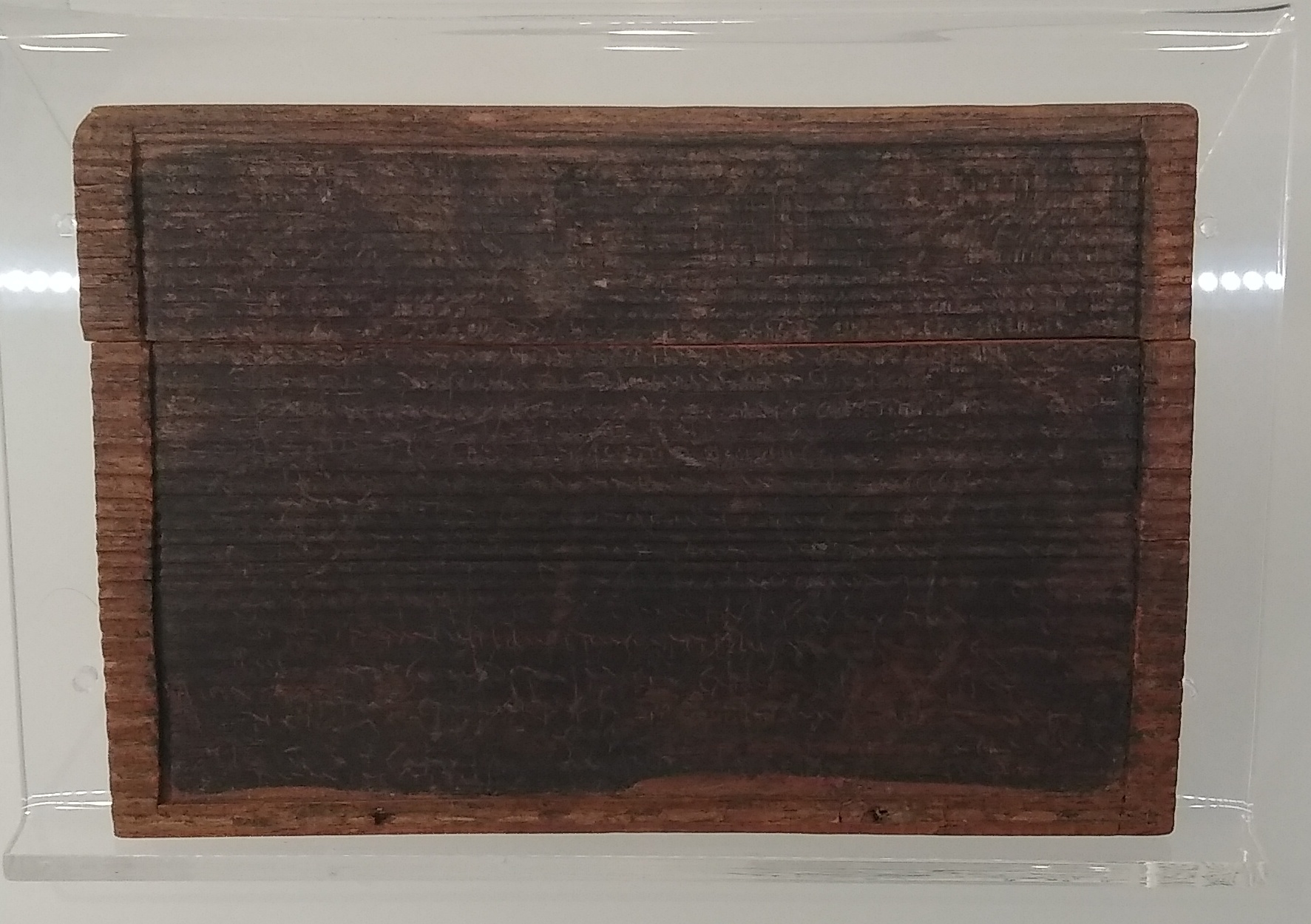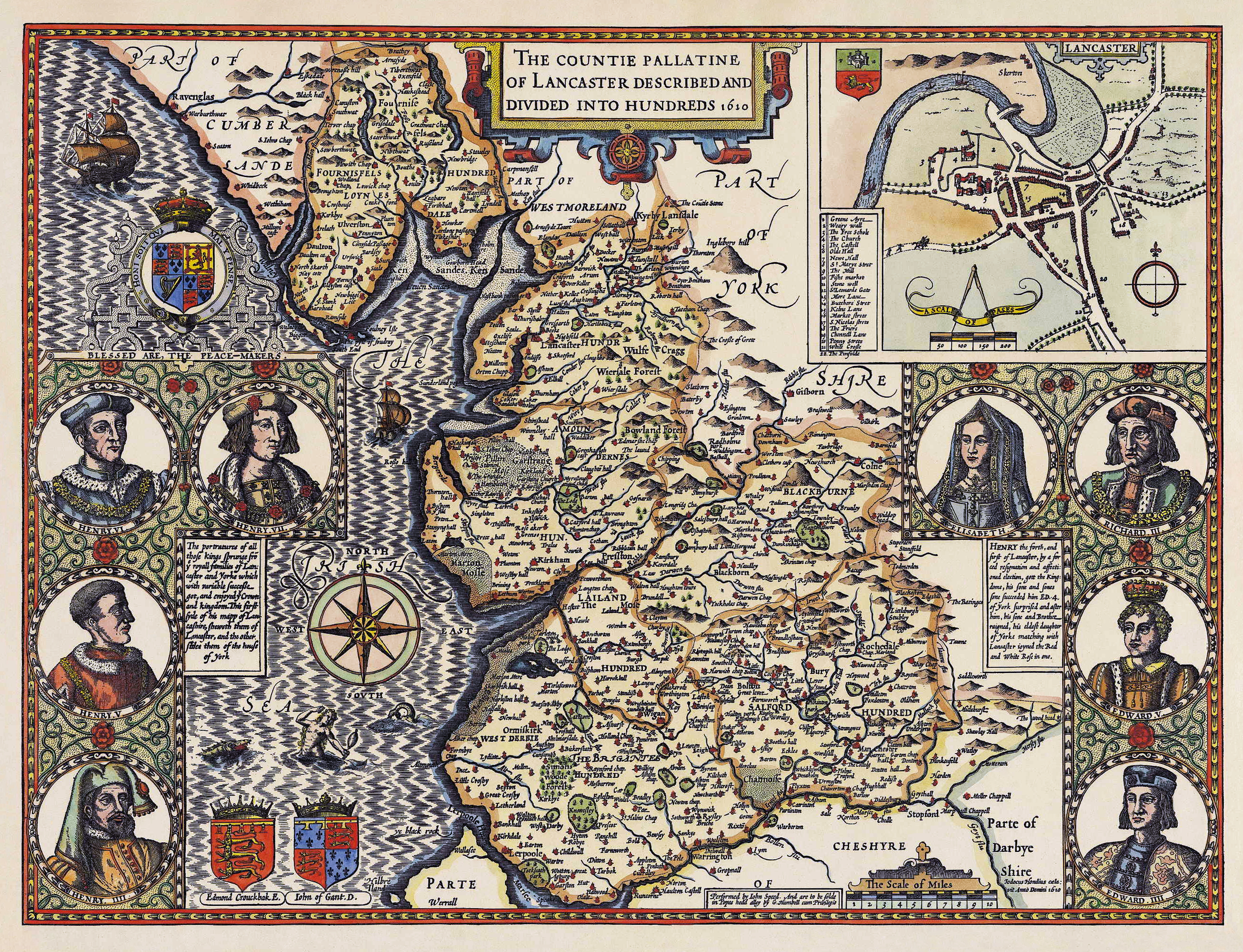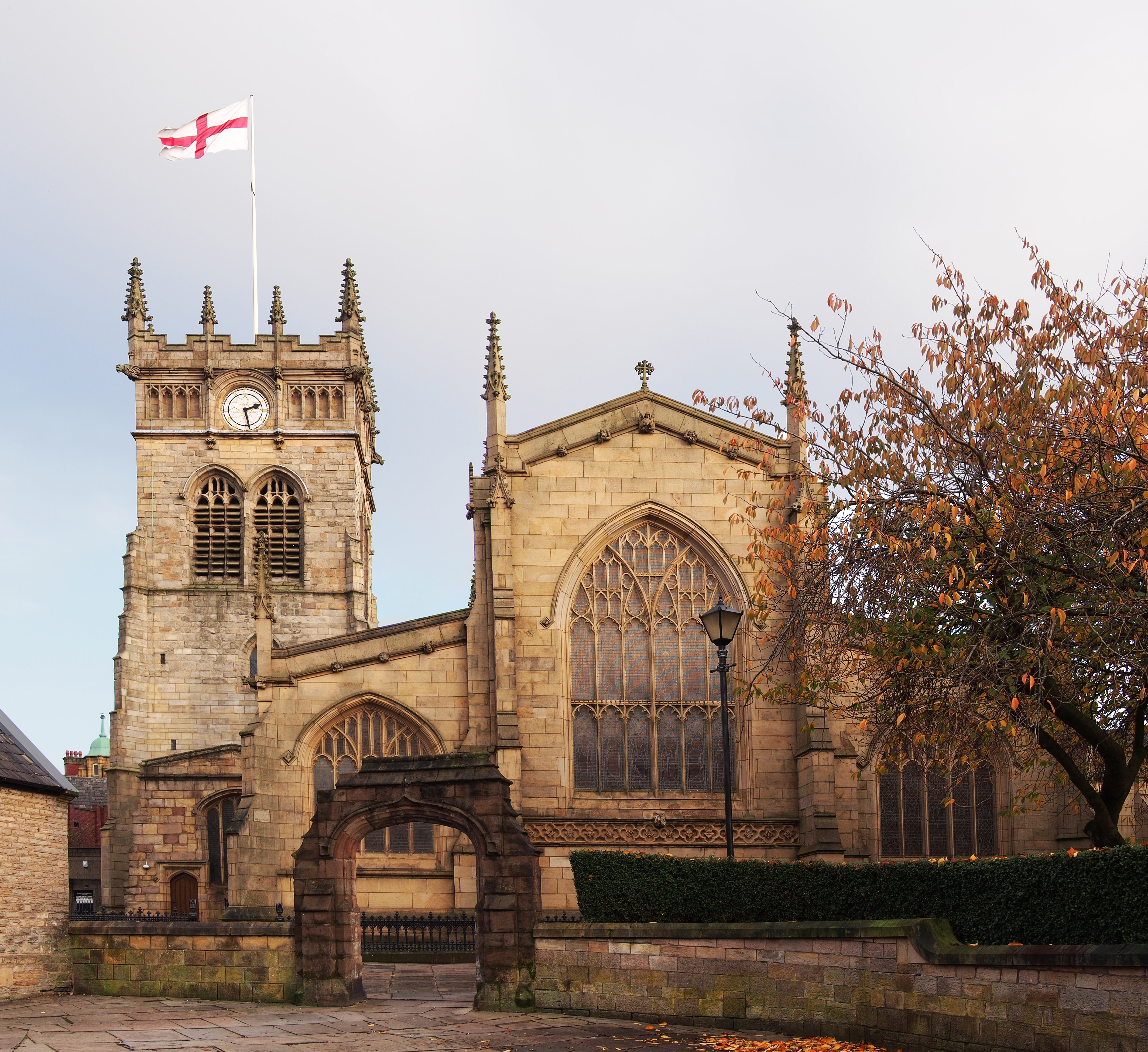|
Thomas Pemberton
Thomas Pemberton Leigh, 1st Baron Kingsdown PC, KC (11 February 17937 October 1867), was a British barrister, judge and politician. Originally a successful equity lawyer, he then entered politics and sat as an MP from 1831 to 1832 and from 1835 to 1843. From 1841 to 1843 he was attorney-general for the Duchy of Cornwall. However, he is best remembered for his role on the judicial committee of the Privy Council, of which he was a member for nearly twenty years. Having turned down the post of Lord High Chancellor of Great Britain in 1858, he was the same year elevated to the peerage as Baron Kingsdown. He died unmarried in October 1867, aged 74. Background Born Thomas Pemberton, in London, Leigh was the eldest son of Thomas Pemberton, a chancery barrister, by Margaret Leigh, eldest daughter and co-heir of Edward Leigh, of Bispham Hall, Lancashire. He was the uncle of Sir Edward Leigh Pemberton. Legal, judicial and political career Leigh was called to the Bar, Lincoln's Inn, in 1 ... [...More Info...] [...Related Items...] OR: [Wikipedia] [Google] [Baidu] |
The Right Honourable
''The Right Honourable'' ( abbreviation: ''Rt Hon.'' or variations) is an honorific style traditionally applied to certain persons and collective bodies in the United Kingdom, the former British Empire and the Commonwealth of Nations. The term is predominantly used today as a style associated with the holding of certain senior public offices in the United Kingdom, Canada, New Zealand, and to a lesser extent, Australia. ''Right'' in this context is an adverb meaning 'very' or 'fully'. Grammatically, ''The Right Honourable'' is an adjectival phrase which gives information about a person. As such, it is not considered correct to apply it in direct address, nor to use it on its own as a title in place of a name; but rather it is used in the third person along with a name or noun to be modified. ''Right'' may be abbreviated to ''Rt'', and ''Honourable'' to ''Hon.'', or both. ''The'' is sometimes dropped in written abbreviated form, but is always pronounced. Countries with common or ... [...More Info...] [...Related Items...] OR: [Wikipedia] [Google] [Baidu] |
Lincoln's Inn
The Honourable Society of Lincoln's Inn is one of the four Inns of Court in London to which barristers of England and Wales belong and where they are called to the Bar. (The other three are Middle Temple, Inner Temple and Gray's Inn.) Lincoln's Inn, along with the three other Inns of Court, is recognised as being one of the world's most prestigious professional bodies of judges and lawyers. Lincoln's Inn is situated in Holborn, in the London Borough of Camden, just on the border with the City of London and the City of Westminster, and across the road from London School of Economics and Political Science, Royal Courts of Justice and King's College London's Maughan Library. The nearest tube station is Holborn tube station or Chancery Lane. Lincoln's Inn is the largest Inn, covering . It is believed to be named after Henry de Lacy, 3rd Earl of Lincoln. History During the 12th and early 13th centuries, the law was taught in the City of London, primarily by the clergy. Then two ... [...More Info...] [...Related Items...] OR: [Wikipedia] [Google] [Baidu] |
Testator
A testator () is a person who has written and executed a Will (law), last will and testament that is in effect at the time of their death. It is any "person who makes a will."Gordon Brown, ''Administration of Wills, Trusts, and Estates'', 3d ed. (2003), p. 556. . Related terms * A female testator is sometimes referred to as a testatrix (), plural testatrices (), particularly in older cases. *In Ahmadiyya Islam, a testator is referred to as a moosi, who is someone that has signed up for Wasiyyat or a will, under the plan initiated by the Mirza Ghulam Ahmad, Promised Messiah, thus committing a portion, not less than one-tenth, of his lifetime earnings and any property to a cause. * The adjective, adjectival form of the word is testamentary, as in: # Testamentary capacity, or mental capacity or ability to execute a will and # Testamentary disposition, or gift made in a will (see that article for types). # Testamentary trust, a trust (law), trust that is created in a will. * A will (la ... [...More Info...] [...Related Items...] OR: [Wikipedia] [Google] [Baidu] |
Will (law)
A will or testament is a legal document that expresses a person's (testator) wishes as to how their property ( estate) is to be distributed after their death and as to which person ( executor) is to manage the property until its final distribution. For the distribution (devolution) of property not determined by a will, see inheritance and intestacy. Though it has at times been thought that a "will" historically applied only to real property while "testament" applied only to personal property (thus giving rise to the popular title of the document as "last will and testament"), the historical records show that the terms have been used interchangeably. Thus, the word "will" validly applies to both personal and real property. A will may also create a testamentary trust that is effective only after the death of the testator. History Throughout most of the world, the disposition of a dead person's estate has been a matter of social custom. According to Plutarch, the written will was ... [...More Info...] [...Related Items...] OR: [Wikipedia] [Google] [Baidu] |
Wills Act 1861
Wills have a lengthy history. Ancient Greece The Ancient Greek practice concerning wills was not the same in all places; some states permitted men to dispose of their estates, others wholly deprived them of that privilege. According to Plutarch, Solon "is much commended for his law concerning wills; for before his time no man was allowed to make any, but all the wealth of deceased persons belonged to their families; but he permitted them to bestow it on whom they pleased, esteeming friendship a stronger tie than kindred, and affection than necessity, and thus put every man's estate in the disposal of the possessor; yet he allowed not all sorts of wills, but required the following conditions in all persons that made them: #That they must be citizens of Athens, not slaves, or foreigners, for then their estates were confiscated for the public use. #That they must be men who have arrived to twenty years of age, for women and men under that age were not permitted to dispose by will ... [...More Info...] [...Related Items...] OR: [Wikipedia] [Google] [Baidu] |
Conservative Government 1858–1859
Conservatism is a cultural, social, and political philosophy that seeks to promote and to preserve traditional institutions, practices, and values. The central tenets of conservatism may vary in relation to the culture and civilization in which it appears. In Western culture, conservatives seek to preserve a range of institutions such as organized religion, parliamentary government, and property rights. Conservatives tend to favor institutions and practices that guarantee stability and evolved gradually. Adherents of conservatism often oppose modernism and seek a return to traditional values, though different groups of conservatives may choose different traditional values to preserve. The first established use of the term in a political context originated in 1818 with François-René de Chateaubriand during the period of Bourbon Restoration that sought to roll back the policies of the French Revolution. Historically associated with right-wing politics, the term has since b ... [...More Info...] [...Related Items...] OR: [Wikipedia] [Google] [Baidu] |
Edward Smith-Stanley, 14th Earl Of Derby
Edward George Geoffrey Smith-Stanley, 14th Earl of Derby, (29 March 1799 – 23 October 1869, known before 1834 as Edward Stanley, and from 1834 to 1851 as Lord Stanley) was a British statesman, three-time Prime Minister of the United Kingdom and, to date, the longest-serving leader of the Conservative Party. He was a scion of one of Britain's oldest, wealthiest and most powerful families. He is one of only four British prime ministers to have three or more separate periods in office. However, his ministries each lasted less than two years and totalled three years and 280 days. Derby introduced the state education system in Ireland, and reformed Parliament. Historian Frances Walsh has written that it was Derby: Scholars long ignored his role but in the 21st century rank him highly among all British prime ministers. Background and education Stanley was born to Lord Stanley (later the 13th Earl of Derby) and his wife, Charlotte Margaret (), the daughter of the Reverend Geof ... [...More Info...] [...Related Items...] OR: [Wikipedia] [Google] [Baidu] |
Duke Of Cornwall
Duke of Cornwall is a title in the Peerage of England, traditionally held by the eldest son of the reigning British monarch, previously the English monarch. The duchy of Cornwall was the first duchy created in England and was established by a royal charter in 1337. The present duke is Prince William. His wife, Catherine, is the current duchess of Cornwall. Legend Some folkloric histories of the British Isles, such as Geoffrey of Monmouth's ''History of the Kings of Britain'' (1136), claim that the first leader of Cornwall was Corineus, a Trojan warrior and ally of Brutus of Troy, portrayed as the original settler of the British Isles. From then through the Arthurian period, such legendary dukes of Cornwall stood apart from the high-king of Britain, while serving as his closest ally and, at times, as his protector (all per Monmouth's collected yarns). Notably in this tale, Gorlois, duke of Cornwall under King Uther Pendragon, rebelled when the king became obsessed with Gorlois' w ... [...More Info...] [...Related Items...] OR: [Wikipedia] [Google] [Baidu] |
County Palatine
In England, Wales and Ireland a county palatine or palatinate was an area ruled by a hereditary nobleman enjoying special authority and autonomy from the rest of a kingdom. The name derives from the Latin adjective ''palātīnus'', "relating to the palace", from the noun ''palātium'', " palace". It thus implies the exercise of a ''quasi''-royal prerogative within a county, that is to say a jurisdiction ruled by an earl, the English equivalent of a count. A duchy palatine is similar but is ruled over by a duke, a nobleman of higher precedence than an earl or count. The nobleman swore allegiance to the king yet had the power to rule the county largely independently of the king. It should therefore be distinguished from the feudal barony, held from the king, which possessed no such independent authority. Rulers of counties palatine created their own feudal baronies, to be held directly from them '' in capite'', such as the Barony of Halton. County palatine jurisdictions were crea ... [...More Info...] [...Related Items...] OR: [Wikipedia] [Google] [Baidu] |
Cornish Foreshore Case
The Cornish Foreshore Case was an arbitration case held between 1854 and 1858 to resolve a formal dispute between the British Crown and the Duchy of Cornwall over the rights to minerals and mines under the foreshore of Cornwall Cornwall (; kw, Kernow ) is a historic county and ceremonial county in South West England. It is recognised as one of the Celtic nations, and is the homeland of the Cornish people. Cornwall is bordered to the north and west by the Atlantic ... in the southwest of Britain, most of which was owned by the duchy. The arbitration led to the Cornwall Submarine Mines Act 1858, which confirmed those rights for the duchy between the high and low water marks but not beyond. Sir John Patteson served as arbitrator, while the Rt. Hon. Thomas Pemberton Leigh, Baron Kingsdown (during the course of the debate elevated to the peerage) represented the duchy. The issue The problem which gave rise to the dispute was explained by the Solicitor-General during parlia ... [...More Info...] [...Related Items...] OR: [Wikipedia] [Google] [Baidu] |
Wigan
Wigan ( ) is a large town in Greater Manchester, England, on the River Douglas, Lancashire, River Douglas. The town is midway between the two cities of Manchester, to the south-east, and Liverpool, to the south-west. Bolton lies to the north-east and Warrington to the south. It is the largest settlement in the Metropolitan Borough of Wigan and is its administrative centre. The town has a population of 107,732 and the wider borough of 330,713. Wigan was formerly within the Historic counties of England, historic county of Lancashire. Wigan was in the territory of the Brigantes, an ancient Celtic tribe that ruled much of what is now northern England. The Brigantes were subjugated in the Roman conquest of Britain and the Roman settlement of ''Coccium'' was established where Wigan lies. Wigan was incorporated as a Borough status in the United Kingdom, borough in 1246, following the issue of a charter by Henry III of England, King Henry III of England. At the end of the Middle ... [...More Info...] [...Related Items...] OR: [Wikipedia] [Google] [Baidu] |
Sir Robert Holt Leigh, 1st Baronet
Sir Robert Holt Leigh, 1st Baronet (1762–1843) was a British Member of Parliament. Early life He was born on 25 December 1762, the eldest son of Holt and Mary Leigh nee Owen. He had a younger brother, Roger, and a sister; Roger pre-deceased him, dying from injuries sustained in violence ahead of the election on 4 May 1831 Leigh was educated at Manchester Grammar School, and matriculated in 1781 at Christ Church, Oxford. He was much later granted a B.A. degree by Oxford, in 1837, and an M.A. in 1838. He is described by the National Archives as a classical scholar, widely travelled and a cultivated man, versed in Greek literature. He lived at Whitley Hall until 1811 when he moved to Hindley Hall after rebuilding it. He sought advice from his sister during the rebuilding process but neglected to plan for staircases in the three storied building. Later life Leigh was appointed Captain-Commandant of the Wigan Volunteer Association on 17 May 1798. He trained as a barrister, and th ... [...More Info...] [...Related Items...] OR: [Wikipedia] [Google] [Baidu] |
_(cropped).jpg)




_-_Edward_Stanley%2C_14th_Earl_of_Derby_-_NPG_1806_-_National_Portrait_Gallery.jpg)

